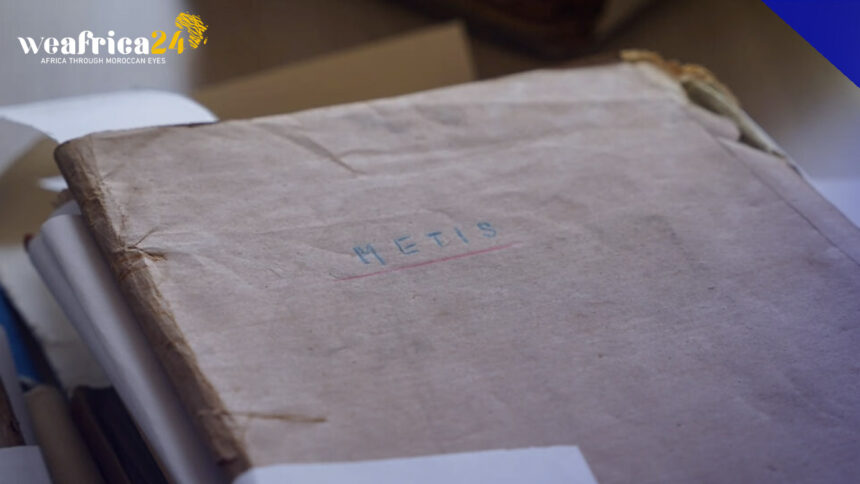A recent report released by the NGO African Futures Lab has shed light on a glaring disparity in Belgium’s reparations policies, particularly concerning the métis population who remained in Central Africa after the colonial era. According to the organization, there exists a stark contrast in the implementation of reparations between métis individuals currently residing in Belgium and those who stayed in Africa.
In 2018, the Belgian Parliament adopted a set of 11 non-binding recommendations aimed at addressing the demands of métis individuals who endured the harsh realities of segregation and forced removal during Belgian colonial rule in the Democratic Republic of Congo, Rwanda, and Burundi. This period saw thousands of children torn from their African families, abandoned by their white fathers, and forcibly placed in religious institutions due to their mixed heritage.
Since then, the Belgian government has taken steps to facilitate métis access to colonial archives, supported research programs to trace their origins, and issued birth certificates to those previously without documentation. However, these measures predominantly benefit métis individuals residing in Belgium.
Geneviève Kaninda, advocacy officer at African Futures Lab, highlights the disregard shown by Belgian authorities towards the demands of métis individuals in Central Africa. “Their primary request concerns nationality. They assert their Belgian paternity and argue for the right to Belgian citizenship. Additionally, there is a pressing need for healthcare support, both physical and mental, given the enduring trauma they have experienced.”
The NGO’s report also exposes shortcomings in addressing the plight of African mothers who were forcibly separated from their children during colonization. Despite acknowledgments from former Prime Minister Charles Michel and parliamentary resolutions, little action has been taken to locate these mothers and initiate reparative measures.
Meanwhile, in Belgium, métis individuals await the erection of a commemorative monument acknowledging their history, a measure included in the 2018 parliamentary resolution but yet to be realized.
The report underscores the urgency for Belgium to rectify these disparities and ensure equitable redress for all individuals affected by the colonial legacy. Failure to address these grievances perpetuates historical injustices and impedes efforts towards genuine reconciliation. As Belgium grapples with its colonial past, acknowledging and rectifying these injustices is imperative for fostering a more just and inclusive society.







